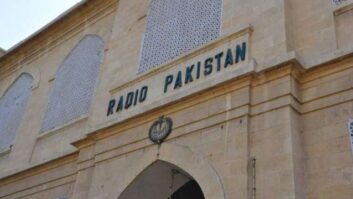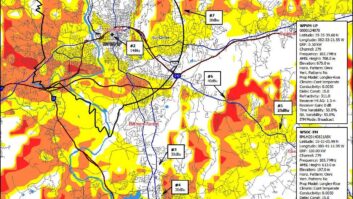
BANDAR SERI BEGAWAN, Brunei � On Nov. 15�16, a digital radio workshop, organized by the Association of South East Asia Nations was held in Negara Brunei Darussalam. The aim was to discuss the status, challenges and intentions regarding the digitization of radio broadcasting in the ASEAN countries.
Representatives from all 10 ASEAN countries � Brunei, Cambodia, Indonesia, Lao PDR, Malaysia, Myanmar, Philippines, Singapore, Thailand and Vietnam � were present. The participants presented the details of their radio transmissions, status of digital radio transmissions and issues, according to DRM.org.
During these presentations attendees learned that Malaysia and Singapore had introduced digital transmissions in 2009 and 2011, respectively, using DAB+.� Singapore discontinued DAB+ due to high cost of receivers. Representatives of Indonesia, Thailand and Myanmar mentioned that they are considering various options for going digital.
Representatives for DRM, DAB and HD Radio systems made full presentations to the participants.� Implementation of DRM digitization of the All India Radio terrestrial network was outlined by the Chair of the India Chapter of DRM Consortium, who went into quite a bit of detail, including some of the issues being faced when implementing such a complex project.
The last afternoon of the workshop was a closed session in which the participants deliberated on the need for the digitization of the terrestrial radio and the choice of the digital standard. �An ASEAN recommendation will come in due course but for now it seems that the participants believe terrestrial radio must be digitized using state-of-the-art, green technology and that DRM or DAB+ (or both) may be used depending on the specific requirements of each ASEAN country,� according to the same article.��
�












